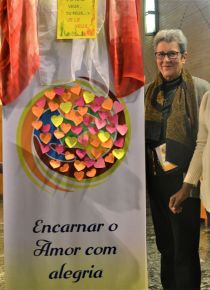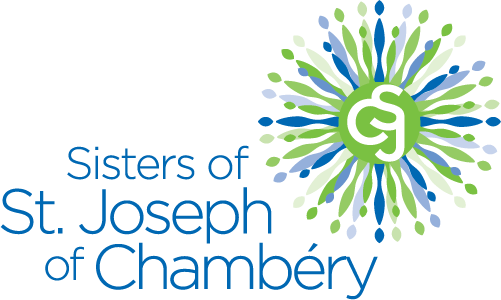
 01.17.2020
01.17.2020
Interculturality - 16 - 01
Tim Norton, SVD, spent the whole of Thursday enlightening us on the topic of interculturality. It was clear from his examples that he spoke from his own lived experience. He opened the morning with the basic concept of culture, noting that it is both external, what we can see and talk about, and internal, what we take for granted and is often unconscious. We all live in culture, much as a fish lives in water, without being aware of it. Yet it is culture which gives us a sense of belonging, makes it possible for us to thrive and live better. He then went on to distinguish multi-culturalism (several cultures living side by side without learning about the others), cross-culturality (cultures living together and learning about one another) and interculturality (cultures together learning from one another and changing because of this).
The second part of the morning was dedicated to the intercultural journey of Jesus and the early Church. Jesus invited everyone to the table, even though it was not acceptable for a Jew to do so. Then, as we saw in the Acts of the Apostles, the mission of the apostles was gradually transformed into church, moving from an exclusively Jewish group to one which fully embraced Gentiles. We need to follow this example and move beyond our cultures and comfort zones to be effective in mission.
In the afternoon the focus changed to intercultural conflict styles. Four styles of the way we deal with conflict were introduced: Discussion, Engagement, Accommodation and Dynamic. We were then guided in a process to discover our own style and invited to discuss this in language groups. The conversation was very animated and it was interesting to hear how others have learned and some changed their style of dealing with conflict.
The day ended with input on leadership in intercultural communities, a growing challenge in many communities and provinces. Among the skills needed for such leadership are the ability to listen creatively, to understand what is new, to model what is possible and to rejoice in the difference. We were left with two valuable thoughts: interculturality is a blessing and we are better at intercultural living than we think.







































































